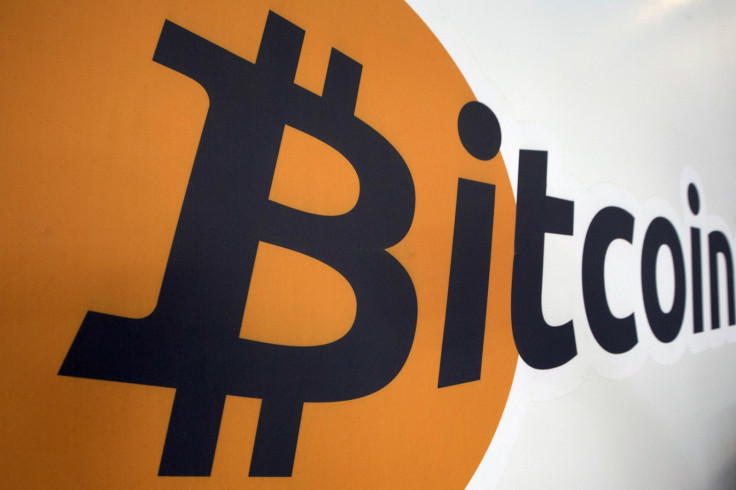Iran's first bitcoin exchange opens in effort to exploit 'huge untapped market'

The first ever bitcoin exchange in Iran has opened, opening up the cryptocurrency to a previously untapped market. BTXCapital will offer instant deposits and real-time buy and sell orders to users in the country through Draglet's exchange platform, though regulatory issues surrounding bitcoin in Iran remain unclear.
There are more than 46 million internet users in Iran, according to Internet World Stats, yet no convenient avenues for people to purchase bitcoin or other cryptocurrencies. In rolling out the new service, Draglet and BTXCapital have both cited increasing demand in Iran for bitcoin as a remittance service.
"It's really hard to get hold of bitcoin in Iran," Ganesh Jung, CEO of Draglet, told IBTimes UK. "There were ways to buy bitcoin but the process was very difficult and the amounts it was possible to buy were small.
"The market is massive. A large population with a high proportion connected to the internet means there is a lot of completely untapped market potential. Our platform makes trading really easy. All you need to do is deposit some local currency and then you can trade."
BTXCapital is not the first cryptocurrency company to operate in Iran, where peer-to-peer sales are offered through LocalBitcoins. However, regulation surrounding bitcoin in the country remains a grey area. Naser Hakimi, IT Director of Iran's Central Bank, said in 2014 that bitcoin in Iran is illegal under Article 2 of Iran's 'Money and Banking Act'.
Article 2 states: "The official currency of the country comes solely in the form of paper money and metal coins. Only paper money and metal coins that have been produced after the enactment of these regulations are legal tender."
While this makes the Iranian Rial the only official currency, it does not explicitly state that using bitcoin for other purposes – for example, as a means to transfer money overseas – is prohibited.
"From a Western perspective, it's cool to have bitcoin spreading this way," Jung said. "There are no legal concerns from our side but the Iranian government could block this kind of service.
"However, we don't think they will restrict the trading of bitcoin. I think the recent nuclear deal [limiting Iranian nuclear activity in return for lifting international economic sanctions] is a signal that the country is hoping to reintegrate with the West – and bitcoin is one way to do this."
© Copyright IBTimes 2025. All rights reserved.






















